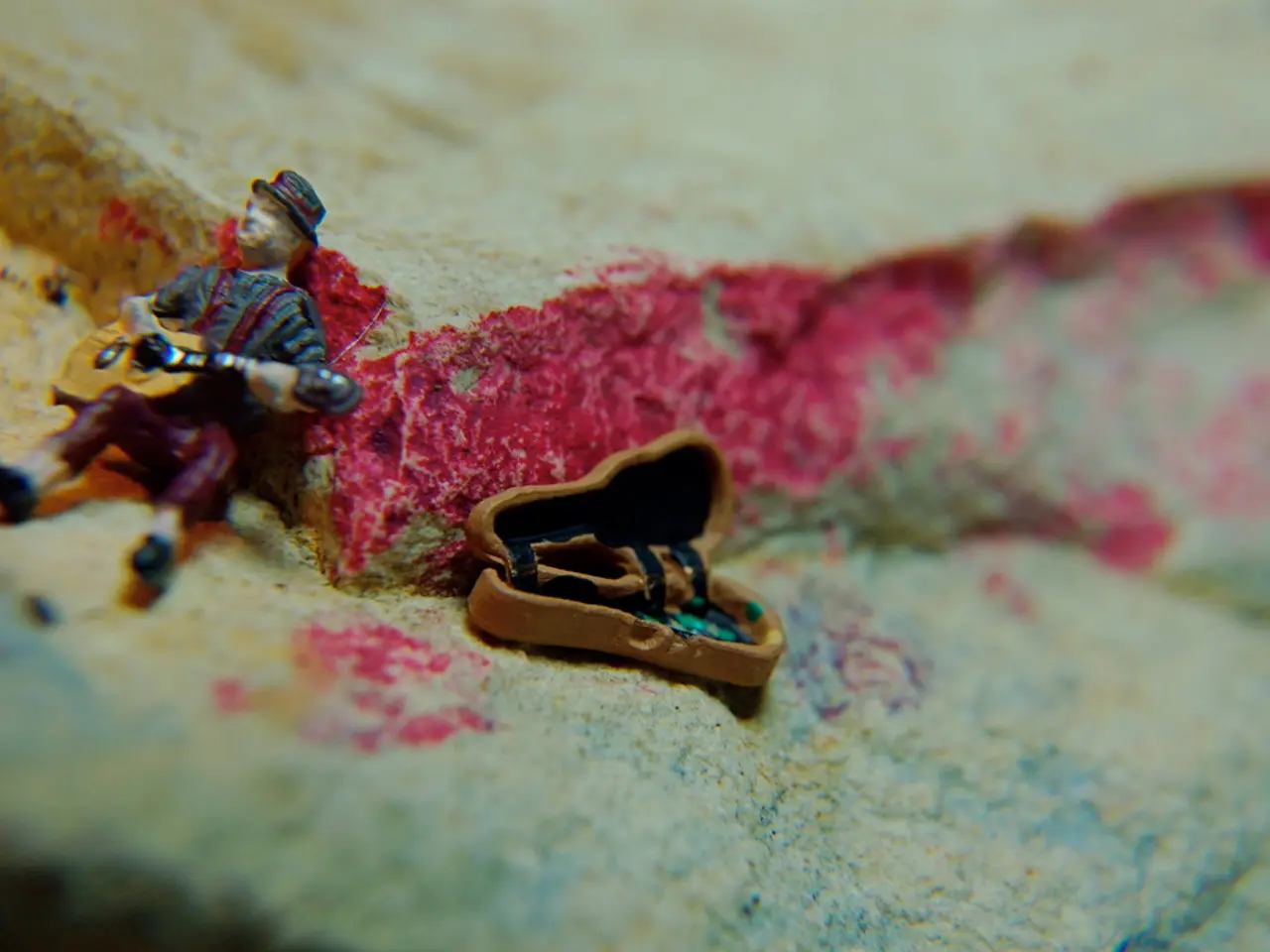Toys designed in the style of the Montessori method for infants, toddlers, and preschoolers.
Montessori toys, inspired by the educational philosophy of Dr. Maria Montessori, are designed to foster independence, creativity, and developmental appropriateness in children. These toys, tailored to various age groups, offer a unique blend of learning and play that encourages self-directed exploration and hands-on learning.
For infants around 10–12 months, Montessori toys are simple and open-ended, allowing limitless imaginative play and creativity. They are self-corrective in design, encouraging trial-and-error learning to build self-confidence and problem-solving skills. Made from safe, durable, non-toxic materials like wood, these toys are designed to develop fine motor skills, cognitive abilities, language, and creativity. Examples include peg drop boxes, stacking toys, and items that engage sensory exploration.
As children grow into toddlers (1 to about 3 years), Montessori toys and activities support physical coordination and independence, often in the form of practical life tasks and outdoor exploration. They focus on sensory and manipulative play to foster autonomy and curiosity.
For preschoolers (3–5 years), Montessori toys and activities build foundations in math, language, and life skills. They encourage tasks like sorting and categorizing everyday objects to enhance cognitive skills and early math concepts. They promote fine motor development through drawing and writing stations. Outdoor activities like nature walks with tools such as magnifying glasses are also emphasized to foster observation skills.
Across ages, Montessori toys embody purposeful simplicity to avoid overstimulation. Materials and activities encourage focused, self-directed play. They are designed to respect the child’s autonomy within a prepared, orderly, and accessible setting.
Montessori toys are often made from natural materials such as metal, cotton, wool, wood, rock, etc. Board books are beneficial for introducing babies to the world of books at an early age. Skwish toys are great for building motor skills in young babies. A Montessori-inspired baby gym can help in stimulating a baby's hand-eye coordination and other senses.
As children grow older, they can engage with toys like DIY Velcro Hearts on a Box, a simple toy to make that improves motor skills in toddlers and preschoolers. Mirror blocks teach cause and effect, encourage open-ended play, and help in improving fine motor skills and imagination in young children. Science kits are great for introducing various basic science concepts to preschoolers, while car racing ramps are beneficial for developing fine motor skills and building attention span in kids.
Moreover, modeling kits encourage creativity in young kids and usually contain colorful pieces made with bio-degradable material. Shape puzzles are great for tuning fine motor skills and teaching the concept of shape, color, and size for young minds. Tool sets give first-hand information on various kinds of hand trades and benefit the child in developing fine motor skills.
An art easel helps in flourishing a child's creative streak, while a climbing arch helps toddlers develop better gross motor skills and explore different kinds of movements. Figurines are beneficial for vocabulary and language development, and inspire pretend play and imagination in toddlers. A contemporary dollhouse inspires imagination and helps children indulge in pretend-play.
Lastly, Montessori toys do not produce artificial sounds, allowing children to discover and explore things on their own. Montessori infant teethers are usually made with wood and other food-grade materials for babies to chew and hold comfortably. Multiplication boards are a great learning and playing option for kids where they can easily understand the concept of multiplication.
In conclusion, Montessori toys offer a unique approach to learning and play, nurturing independence, hands-on learning, creativity, and real-world skills in a safe and engaging way.
- Incorporating Montessori-inspired toys into a parenting lifestyle can foster independent learning and creativity in children, as demonstrated by the various age-appropriate toys and activities designed to encourage self-directed exploration and skill development.
- The health-and-wellness benefits of Montessori toys are evident in the emphasis on enhancing fine motor skills, cognitive abilities, language, and creativity, while promoting physical coordination and sensory exploration from infancy through preschool.
- For a holistic lifestyle approach emphasizing both personal growth and home environment, pursuing home-and-garden ideas that include Montessori toys can provide an engaging, educational, and developmentally appropriate play space for children at various age stages.




